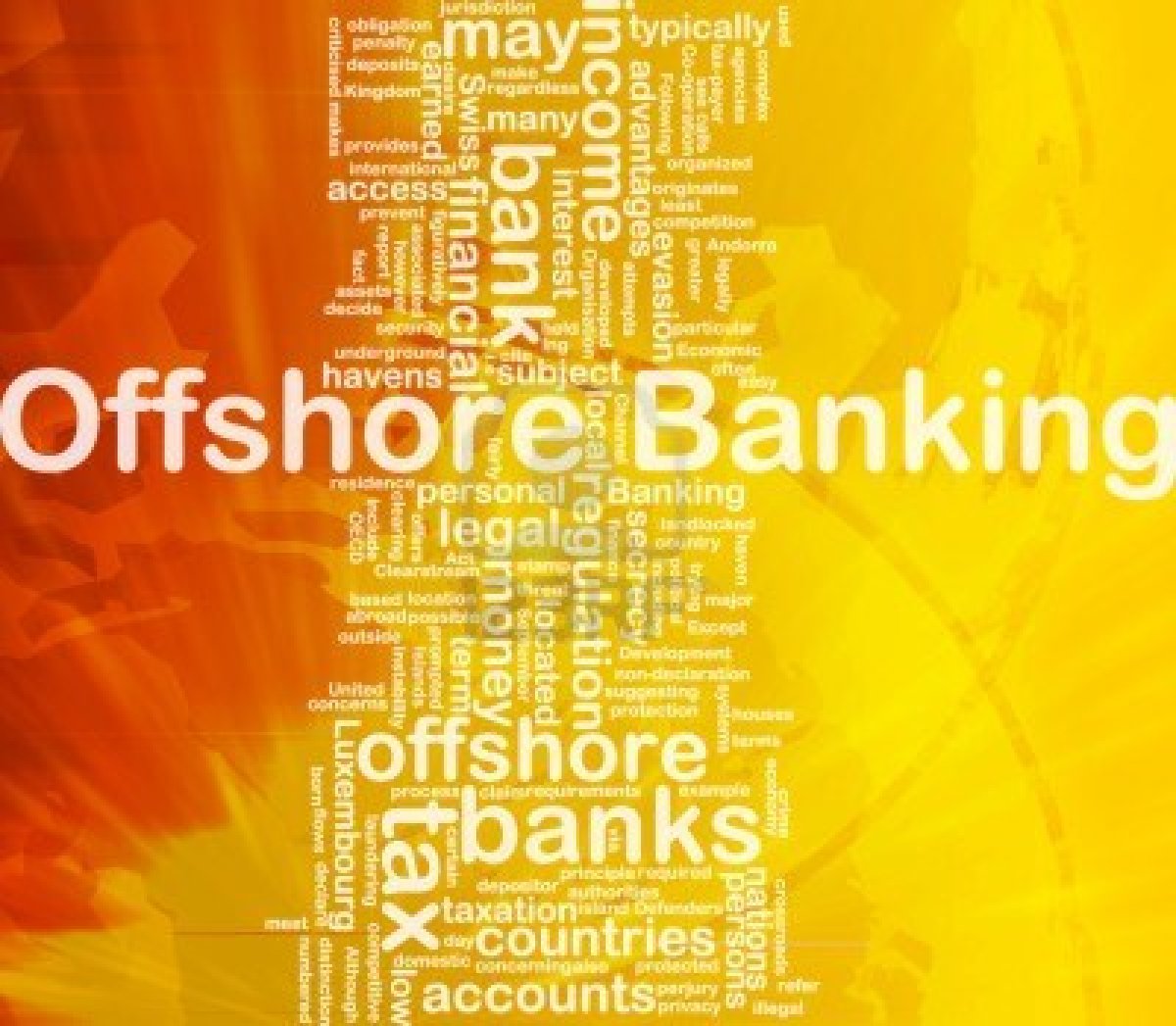Offshore Banking for Those Wanting Freedom, Privacy, and Asset Protection.
Offshore Banking for Those Wanting Freedom, Privacy, and Asset Protection.
Blog Article
Just How Offshore Financial Can Increase Your Financial Privacy and Safety
Offshore financial has emerged as a sensible choice for individuals seeking to boost their economic privacy and safety and security. By leveraging the one-of-a-kind advantages of offshore jurisdictions, customers can successfully secure their assets from undesirable analysis and reduce different economic dangers. These banks frequently implement durable safety and security steps, such as sophisticated file encryption strategies and multi-factor verification, to secure sensitive details. The subtleties of overseas banking expand beyond simple privacy; recognizing the complete range of its benefits and implications is vital for anyone considering this economic method. What remains to be explored are the vital elements that can influence your success in this arena.
Understanding Offshore Banking

Offshore banks are normally situated in nations known for their durable monetary services and confidentiality regulations, such as Switzerland, the Cayman Islands, and Singapore. People and companies might look for offshore banking services for a range of reasons, including possession security, diversification of financial investments, and accessibility to global markets.
In addition, overseas banking can use clients the ability to manage numerous currencies and promote global transactions with better simplicity. offshore banking. The method has additionally brought in analysis due to potential misuse for tax evasion and cash laundering, leading to increased governing oversight. Consequently, recognizing the ins and outs of overseas banking is essential for browsing both its advantages and risks, particularly as worldwide economic systems develop and governments look for better transparency in financial transactions

Advantages of Financial Personal Privacy
Financial privacy plays a considerable duty in the appeal of offshore financial, as it provides individuals and services a layer of protection for their assets and individual details. Among the key advantages of improved monetary personal privacy is the capability to shield wealth from unwanted analysis, which can be particularly advantageous for high-net-worth individuals and entrepreneurs. This personal privacy fosters a complacency, enabling customers to manage their funds without fear of invasion or unnecessary influence.
Additionally, monetary privacy can add to far better financial planning. By maintaining delicate information confidential, customers can make tactical decisions without the pressure of external events. This discretion is crucial in keeping the honesty of individual or corporate economic strategies.
Furthermore, offshore banking can help with international deals with greater discretion. This is particularly valuable for businesses taken part in global profession, as it enables them to operate without exposing their economic tasks to rivals or regulative bodies unnecessarily.
Eventually, the advantages of financial personal privacy in offshore banking extend past plain privacy; they encourage people and organizations to navigate their economic landscapes with confidence and freedom. This liberty is invaluable in today's interconnected and usually inspected financial world.
:max_bytes(150000):strip_icc()/offshore.asp-FINAL-1-941110e2e9984a8d966656fc521cdd61.png)
Improved Protection Attributes
How can offshore banking boost the protection of personal and corporate assets? Offshore financial institutions commonly offer durable protection procedures that can dramatically safeguard customers' funds and delicate information. Among the vital features is advanced encryption technology, which protects online deals and data storage, minimizing the risk of unapproved gain access to.
Additionally, several offshore financial institutions are located in territories with stringent personal privacy legislations, providing a layer of lawful defense against possible possession seizures or baseless examination. This legal framework not just safeguards customer information yet also ensures that the financial institution sticks to high requirements of confidentiality.
In addition, offshore financial institutions typically use multi-factor authentication procedures, requiring multiple forms of confirmation before giving accessibility to accounts. This added layer of protection prevents scams and boosts total account security.
In instances of geopolitical instability or financial unpredictability, offshore banks can also offer customers with varied property security techniques. By holding properties in numerous money or investment cars, clients can reduce exposure to domestic threats. Collectively, these improved safety and security attributes make offshore banking an appealing option for those looking for to protect their funds successfully.
Tax Obligation Benefits and Conformity
Offshore banking offers people and firms calculated tax obligation benefits that can improve their total economic efficiency. By pop over to this site using offshore accounts in jurisdictions from this source with beneficial tax obligation regimes, clients can potentially reduce their tax obligations. Many offshore financial institutions run in countries with low or absolutely no taxes on revenue, capital gains, and inheritance, permitting depositors to keep a larger portion of their incomes.
Nonetheless, it is important to highlight that taking part in offshore financial calls for strict adherence to tax compliance policies - offshore banking. International requirements, such as the Typical Reporting Standard (CRS) and the Foreign Account Tax Compliance Act (FATCA), require that account holders report their foreign accounts to their home nations. Failing to conform can cause severe fines and legal repercussions
To make best use of the advantages of overseas banking, people and organizations must make certain that they take part in clear tax preparation and preserve complete documents. This consists of recognizing the tax obligation commitments in both the offshore jurisdiction and their home nation. By doing so, customers can delight in the financial benefits of overseas banking while continuing to be certified with global tax obligation laws, thus securing their monetary interests and ensuring long-lasting security.
Picking the Right Offshore Bank

Selecting the proper offshore bank is a crucial decision that can significantly impact an individual's or company's financial address approach. To make an informed selection, several variables need to be thought about.
First, evaluate the financial institution's territory. Different countries supply differing degrees of regulative oversight, personal privacy securities, and political security. Decide for a territory understood for strong financial regulations and durable legal frameworks, such as Switzerland, Singapore, or the Cayman Islands.
Following, analyze the financial institution's track record and financial security. Research its credit scores rankings, evaluations from various other customers, and any type of history of economic transgression. A well-established institution with a strong track document is important for protecting your properties.
In addition, consider the series of services used. Some banks specialize in wealth monitoring, while others may focus on corporate solutions or investment chances. Guarantee that the bank lines up with your specific monetary demands.
Final Thought
In conclusion, overseas banking serves as a beneficial tool for boosting financial privacy and safety. When performed with adherence to tax obligation guidelines and cautious choice of organizations, overseas financial ultimately adds considerably to a secure and personal monetary landscape.
Report this page